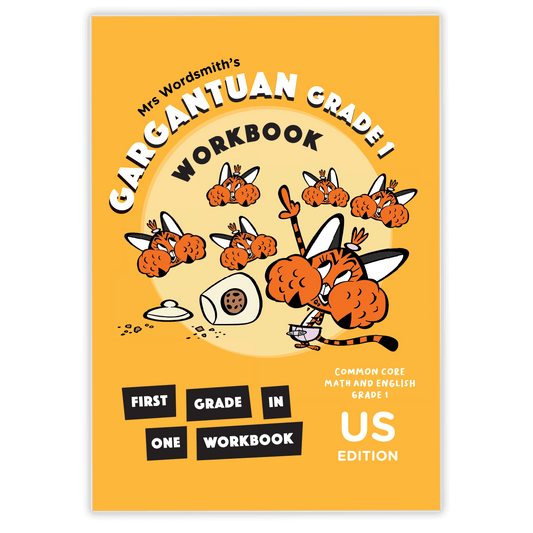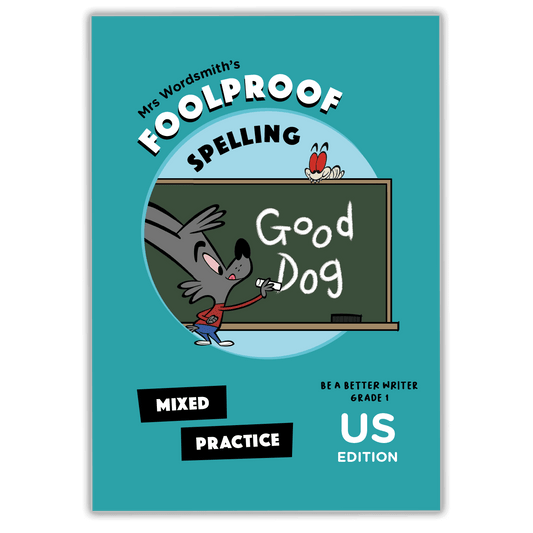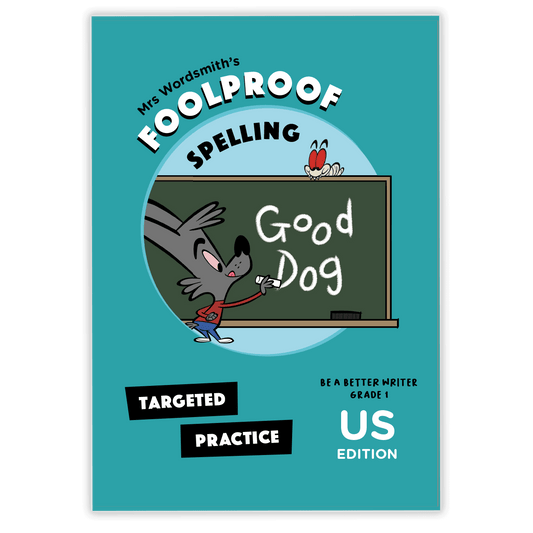The more words a child knows, the more effectively they read and the more effectively they learn – whatever the subject. Vocabulary is so influential, in fact, that educational psychology pioneers identified it as the single greatest indicator of overall intelligence.
Table of Contents:
- Vocabulary equals understanding
- The essential building blocks of knowledge
- Benefits far beyond english homework
Vocabulary equals understanding
Put simply, vocabulary equals understanding. As anyone who has ever struggled through a jargon-packed legal contract knows, vocabulary knowledge is absolutely crucial to successful reading. It illustrates what Richard P. Anderson and Peter Freebody call the ‘instrumentalist hypothesis’ – knowing more words allows readers to understand more texts.[1]
Indeed, studies by Stephen A. Stahl and Marilyn M. Fairbanks have shown a direct link between children’s vocabulary and their reading comprehension. [2] The implications of this for a child’s cross-curricular success are huge: boosting vocabulary equips them to get the most out of everything they encounter at school, and also empowers them to self-teach through independent reading.
The essential building blocks of knowledge
What’s more, a number of experts maintain that building vocabulary is much more than simply learning labels. As our advisor Professor Susan Neuman points out, when a child learns a new word they also gain access to a treasure trove of associated information, what she refers to as “conceptual knowledge”.[3]
For instance, learning the word photosynthesis involves gaining understanding of an entire biological process, significantly deepening the learner’s knowledge of the subject. In this way, words can be thought of as the essential building blocks of knowledge itself.
Benefits far beyond English homework
Clearly, then, helping your child improve their vocabulary offers them benefits far beyond better results in their English homework. By significantly expanding their vocabulary from an early age, word learning helps children perform better across all parts of their education.
What's next? Explore our range to find some ways to improve your child's word consciousness. And read more about why direct vocabulary instruction is so important!


















 https://mrswordsmith.com
https://mrswordsmith.com
Comment
Leave a comment